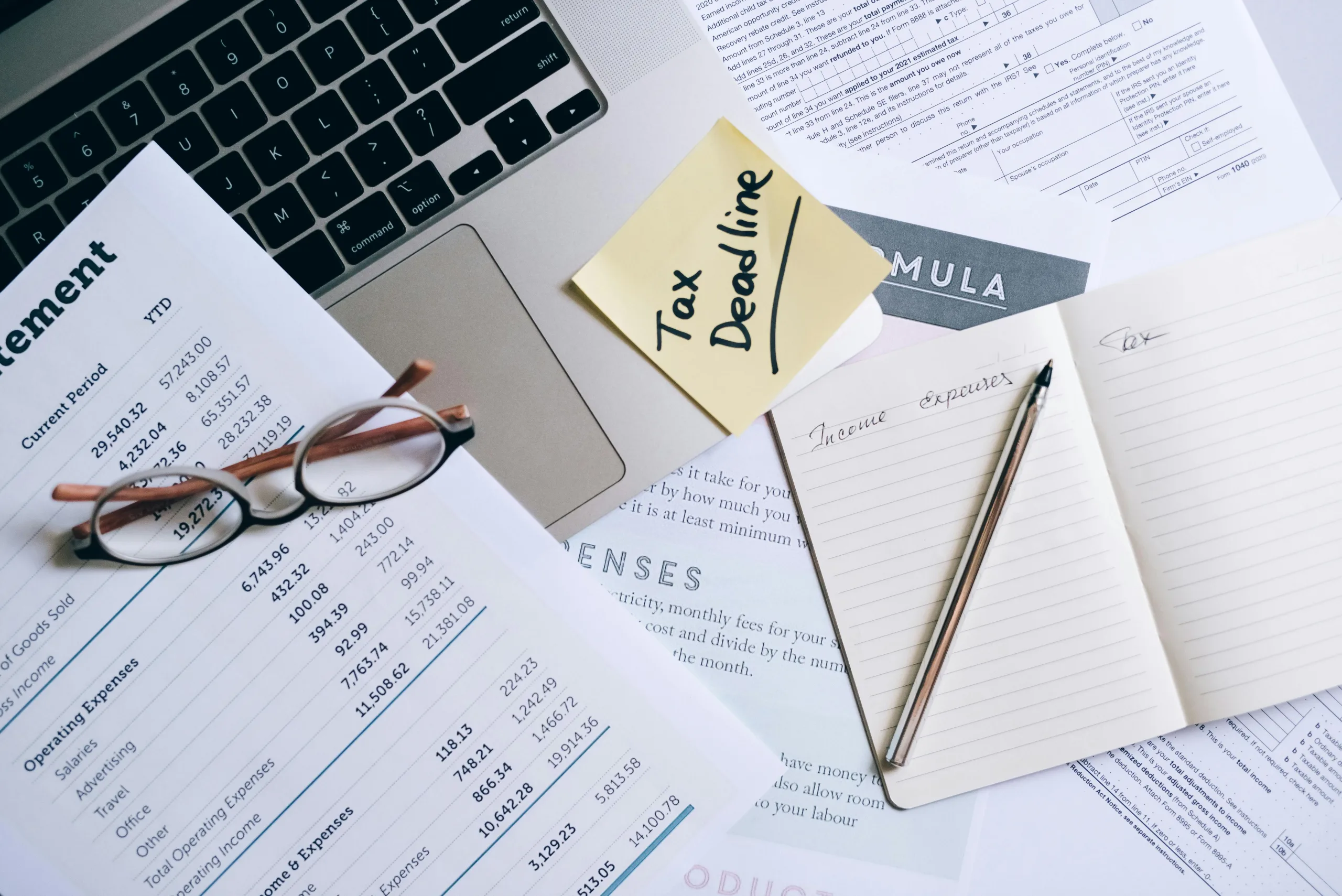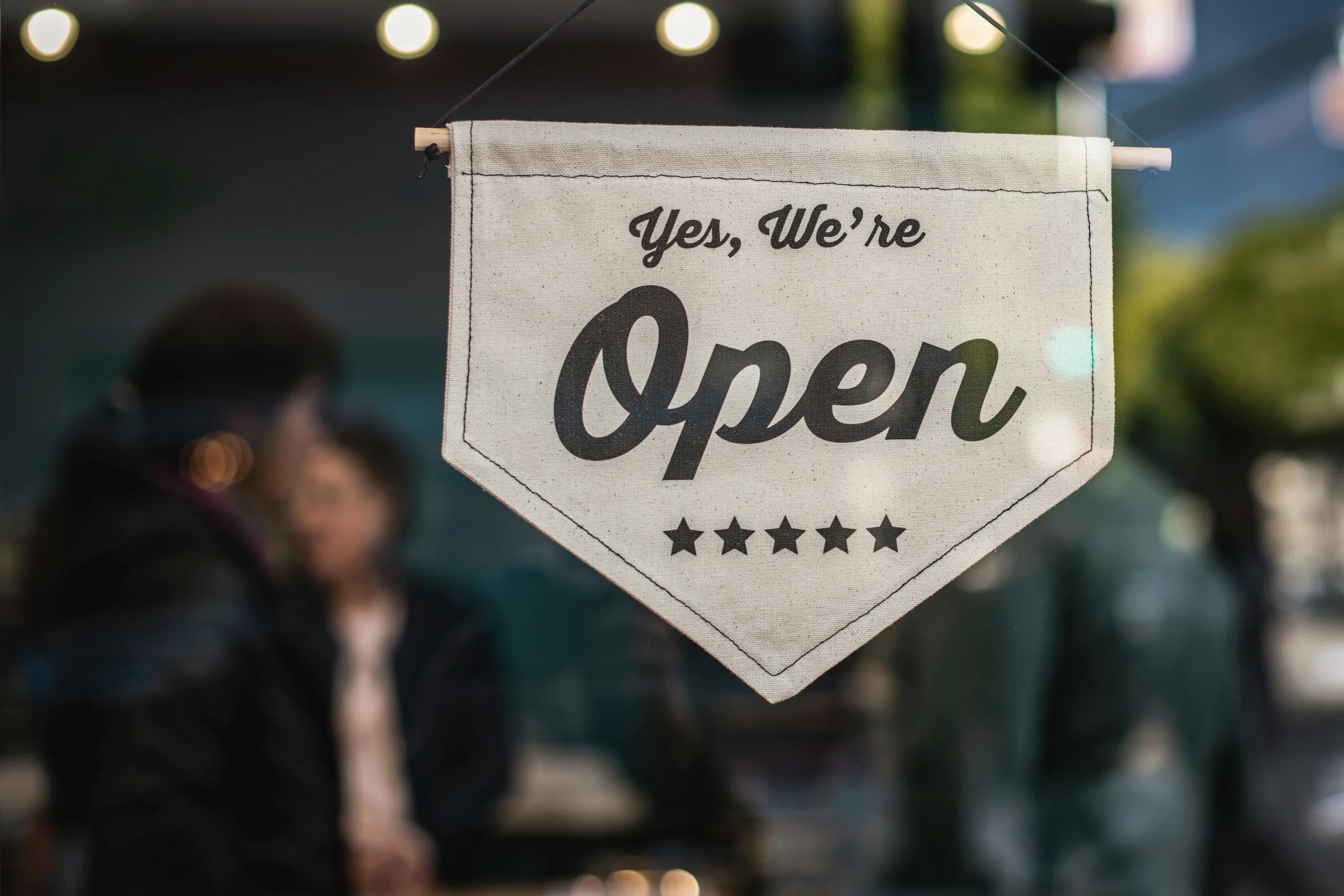Buying a Small Business: 10 Simple Steps for Success
You’ve probably heard the phrase, “Don’t reinvent the wheel.” Nowhere is this more true than in business. Starting from scratch can be risky, expensive, and overwhelming. But buying a small business gives you a shortcut: you inherit customers, systems, and revenue streams that already exist. The catch? Buying one successfully requires strategy, smart questions, and expert financial planning.
At Simplicity Financial, we help business owners nationwide navigate acquisitions with CPA-level insight. From outsourced bookkeeping to fractional CFO support, we make sure your new venture thrives.
📌 Thinking about taking the leap? Contact us today and let’s talk about making your business purchase smooth and successful.
Step 1: Decide Why You’re Buying a Small Business

The first step isn’t financial—it’s strategic. Ask yourself:
- Do you want a proven customer base?
- Are you seeking quick cash flow?
- Do you want to expand your existing company?
Clarity here shapes everything that follows. If your goal is growth, a guide like how can a small business owner be successful can help you think long-term.
Step 2: Learn How to Find a Small Business to Buy
Many buyers ask, how to find a small business to buy. You can start with:
- Business brokers
- Online marketplaces
- Local networking events
- Industry contacts
But don’t stop there. The best deals often come from word-of-mouth or businesses that aren’t officially “for sale.” Working with a CPA helps you assess opportunities quickly.
Step 3: Ask the Right Questions

Due diligence is everything. Some of the questions to ask when buying a small business include:
- What is the business’s real cash flow?
- Are there outstanding debts or lawsuits?
- What systems or contracts are transferable?
- Why is the owner selling?
This stage is where many buyers go wrong—focusing only on sales instead of liabilities. Our small business CPA services ensure you get the full financial picture before committing.
Step 4: Consider How to Buy a Small Business With No Money
Not everyone has the capital upfront. Buying a business car can be like this too. The good news? There are ways to acquire a business with minimal cash:
- Seller financing (the owner acts as the lender).
- Partnerships with investors.
- SBA loans or grants.
- Earnouts based on future performance.
Learning how to buy a small business with no money requires creativity and negotiation skills. A fractional CFO for startups can help structure the deal so it works financially.
Step 5: Value the Business Correctly

Overpaying is one of the most common mistakes. Valuations should be based on:
- Earnings before interest, taxes, depreciation, and amortization (EBITDA).
- Comparable sales in the industry.
- Assets and liabilities.
The IRS requires a special form (see Form 8594) for reporting the allocation of purchase price in an asset acquisition. A CPA ensures this is done properly and tax-efficiently.
Step 6: Review Payment Methods and Financing
When purchasing, you may combine different payment methods: cash, loans, or earnouts. Understanding payment methods for small businesses helps you evaluate how the new business will run once you own it.
Financing decisions also affect taxes. For example, interest may be deductible, but only with proper documentation—something we cover in our tax preparation outsourcing service.
Step 7: Plan for Bookkeeping and Transition

One of the most overlooked areas in buying a small business is recordkeeping. If the seller’s books are messy, you’ll need a system in place immediately.
We recommend setting up modern accounting tools on day one. For niche industries like gaming, our online bookkeeping service for game stores shows how tailored systems keep operations smooth.
Transition plans should also include payroll, vendor contracts, and customer communications.
Step 8: Buying Out a Partner in a Small Business
Sometimes the “purchase” isn’t a new business at all—it’s buying out a partner in a small business. This comes with unique challenges:
- Establishing fair valuation.
- Handling tax implications of payouts.
- Navigating interpersonal dynamics.
Our CFO services for startups help structure buyouts fairly, ensuring the business remains financially stable while one partner exits.
Step 9: Think About Taxes From the Start

How you structure the deal affects everything from income tax to capital gains. This is where working with a CPA is critical.
For example:
- Asset purchases may allow depreciation benefits.
- Stock purchases may simplify ownership transfer but limit deductions.
- Some expenses are deductible only if allocated properly.
At Simplicity Financial, we help with accounting and bookkeeping services for startups to set the foundation for compliance.
Step 10: Build for Long-Term Success
The journey doesn’t end at closing. After you buy a small business, the real work begins: growing revenue, managing cash flow, and building systems.
Our fractional CFO services keep you focused on growth instead of financial chaos. Pair this with outsourced bookkeeping and tax support, and you’ll have peace of mind that your numbers are always correct.
And remember: when you buy from a small business, you’re not just investing in yourself—you’re supporting employees, vendors, and the broader community.
Buying a Small Business is a Big Move!

Buying a small business can be the smartest move you ever make—if you do it right. It’s not just about acquiring customers; it’s about creating a foundation for long-term growth.
At Simplicity Financial, we’ve guided countless entrepreneurs through acquisitions with strategic planning, accurate bookkeeping, and ongoing CFO-level support.
📞 Ready to make the leap? Contact us today and let’s build your success story together.
Frequently Asked Questions About Buying a Small Business
How to buy a small business without making costly mistakes?
Start with due diligence, ask the right questions, and work with a CPA. Our blog has guides to help you make informed choices.
How to find a small business to buy that’s profitable?
Look beyond listings—network, check local industries, and consider businesses not actively on the market. A small business CPA can evaluate profitability.
Can I learn how to buy a small business with no money?
Yes. Seller financing, partnerships, and SBA loans are common. But each method requires careful financial planning. Our fractional CFO services can help.
What are good questions to ask when buying a small business?
Always ask about debts, contracts, reasons for selling, and customer retention. Our CFO services ensure you don’t miss red flags.
Where can I get help with taxes after a purchase?
Our tax preparation outsourcing ensures compliance with IRS rules, including required filings like Form 8594.
Disclaimer: This article is for informational purposes only and should not be considered legal or tax advice. Please consult a qualified CPA or attorney before making financial decisions.
Read next: When Does Q4 Start? Business Calendar Guide Fall/Winter 2025





